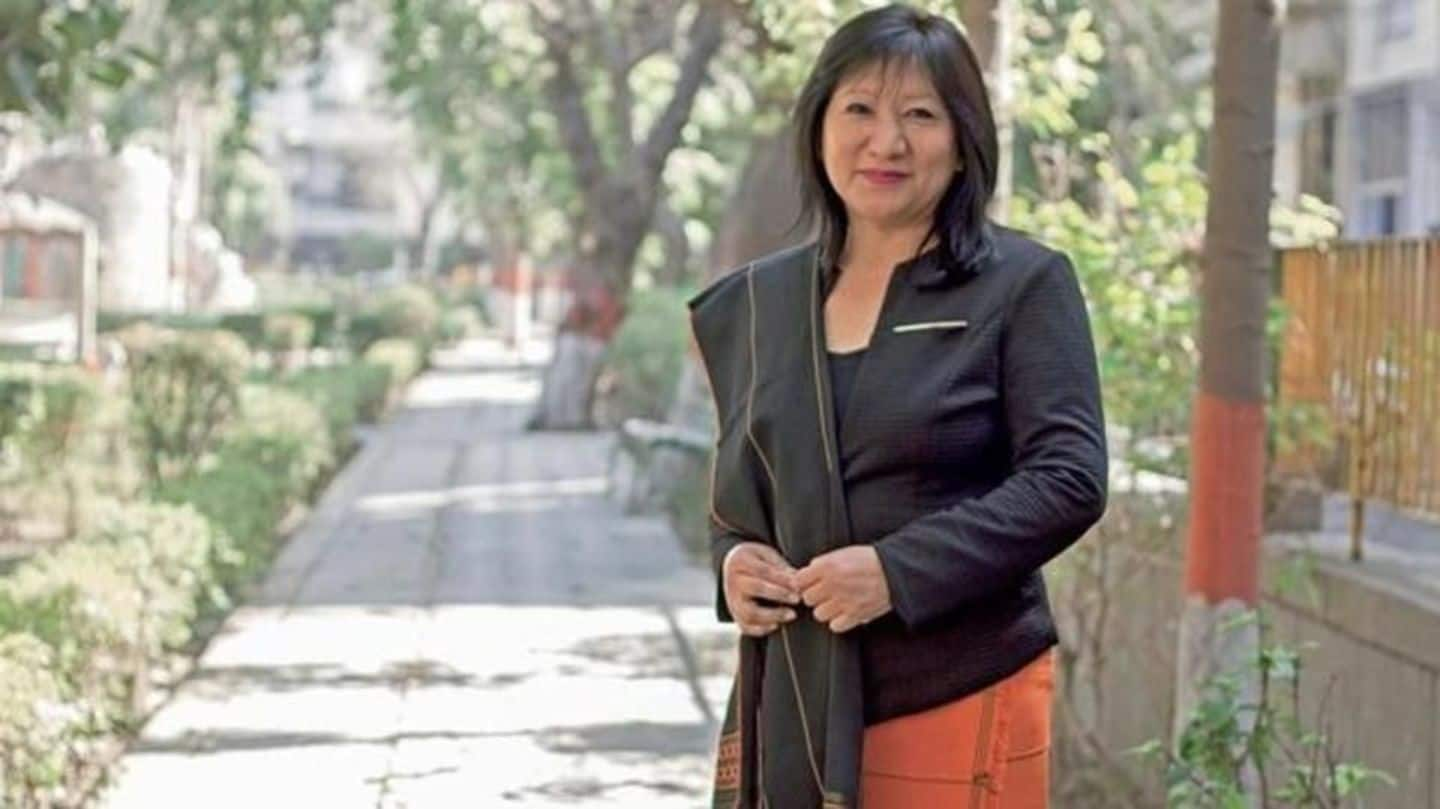
Nagaland: Rosemary Dzuvichu and her war on male-dominated politics
What's the story
Politics remains a largely male-dominated field in India, despite efforts to encourage female representation at various levels.
However, societal prejudices and other hurdles haven't stopped several women from trying their hand at it and proving to doubters that politics can be a woman's playground.
Rosemary Dzuvichu from Nagaland is one such woman who has left her mark in Nagaland's male-dominated political scene.
Do you know?
Who is Rosemary Dzuvichu?
A professor of English literature at the Nagaland University, Dzuvichu is associated with many political and human rights organizations. She also serves as an adviser to the Naga Mother's Association, and has served as the Kohima District Mahila Congress President.
Dzuvichu's take
Making an impression in a male-dominated society
Dzuvichu notes that women in the Naga society are bound by norms expecting them to take up familial and household responsibilities. However, that does not stop her.
As the Kohima District Mahila Congress President, she prepared the party's first women's manifesto.
She also initiated litigation which triggered the Supreme Court order allowing for 33% representation of women in urban local bodies in Nagaland.
Details
The fight for women's political representation in Nagaland
Dzuvichu and co-litigants fought the Nagaland government in court in 2011 after Nagaland's political patriarchs opposed 33% reservation for women in urban local bodies citing customary laws.
Disregarding the state's arguments that the quota would violate Nagaland's special status under Article 371 (A) of the Constitution, the Supreme Court in 2016 ruled for polls to be conducted with one-third of seats reserved for women.
Quote
Women still face the brunt!
Speaking on the violence that erupted around local body polls which were eventually conducted in February 2017, Dzuvichu notes, "The intimidation and damage of property belonging to women was shameful. It was all the more frustrating because having women in local bodies is nothing new".
Conclusion
Will women ever get there?
While women's participation is seen to be increasing at party and local body levels, entry barriers such as patriarchy make women's participation difficult.
The failure to pass the Women's Reservation Bill, in the Parliament stands as a testimony to this.
With women like Dzuvichu making a mark, one can hope that change that hasn't arrived in 70 years after independence, will arrive one day.